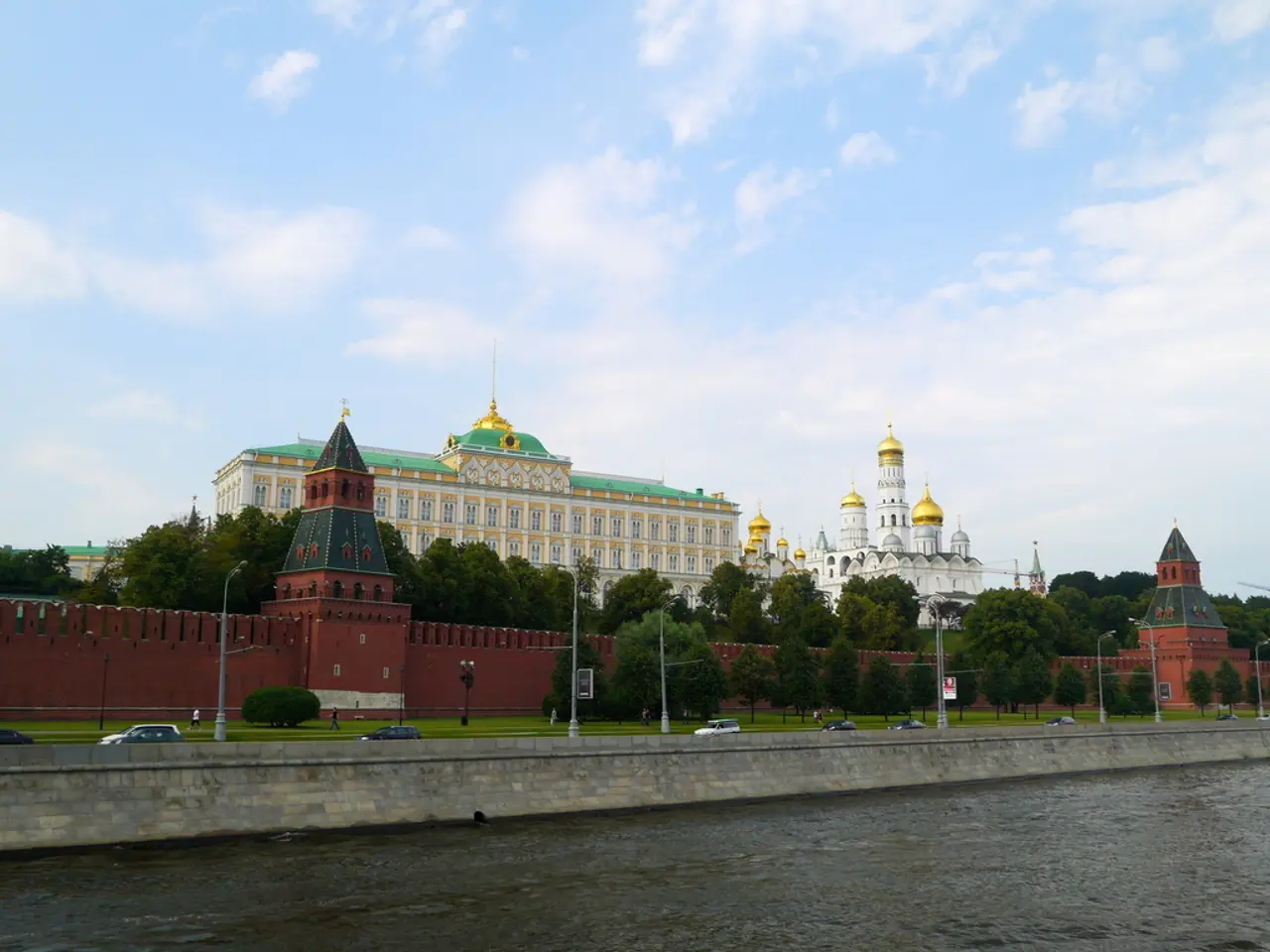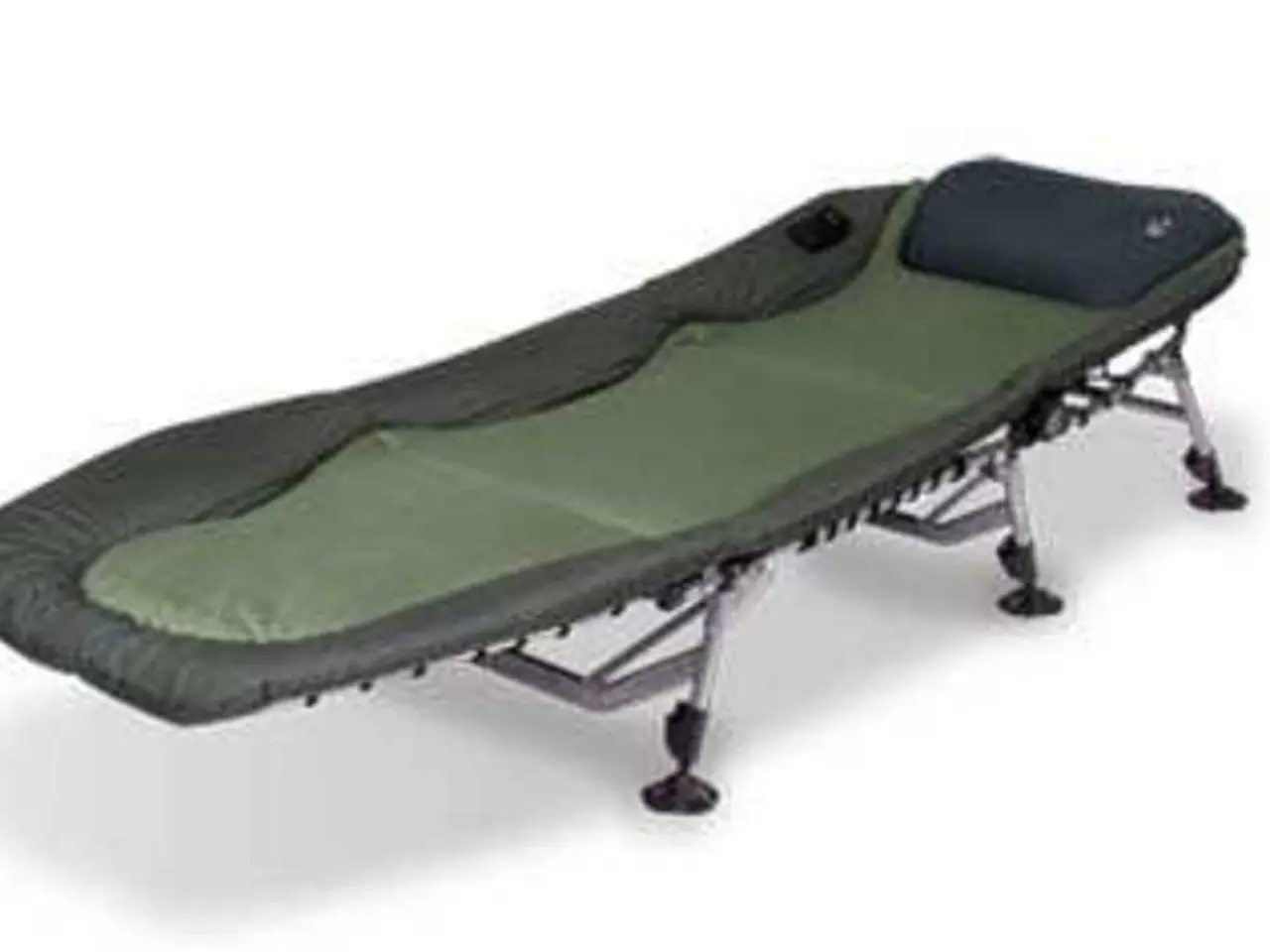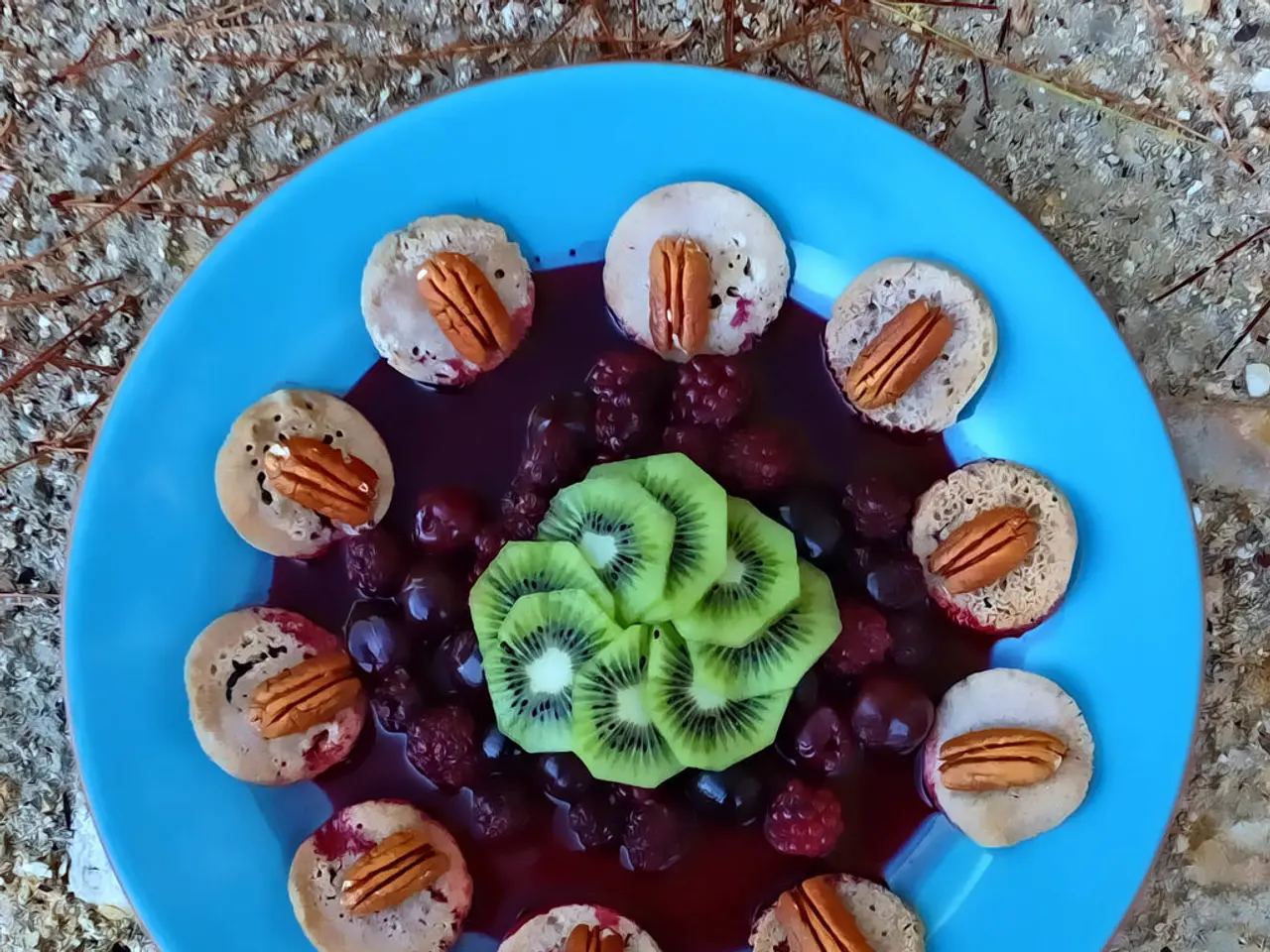Water Protection Laboratory VSR is slated to debut on Alten Markt come August 11.
In North Rhine-Westphalia, Germany, the quality of well water for garden use, filling paddling pools, and ponds is crucial. To ensure safety and quality, well water should be analyzed by an accredited laboratory for key microbiological and chemical parameters.
The VSR Water Protection Association, a non-profit organization founded in 1980 as a coalition of citizen initiatives, conducts investigations of stream water and groundwater in the region. For groundwater samples, the cooperation of well owners is essential.
Testing typically includes checking for harmful microorganisms like E. coli and coliform bacteria, as well as contaminants relevant to local conditions. These tests aim to ensure the water is safe for its intended uses.
Well water can be assessed following EU Directive 2020/2184 standards, which require testing for microbiological contaminants such as E. coli, coliforms, enterococci, and total viable counts. Chemical parameters may include pH, nitrates, heavy metals, and pesticides.
To get tested, you can collect samples using sterile containers, keep them cooled, and send them promptly to an accredited lab like Normec Group or similar in the region that follows EU and German standards. These labs offer water quality testing packages for both drinking water and non-potable uses, ensuring compliance and safety guidance.
Regarding suitability: - Gardening: Well water tested and free from harmful microbes and chemicals is generally good for plants. - Paddling pools: Water must be free from pathogens and chemicals that can harm children, so microbiological safety is critical. - Ponds: Water quality must support aquatic life, so additional chemical parameters and ecological impact should be checked.
Local university or environmental agencies may offer water quality assessment advice or courses that include field sampling and monitoring techniques appropriate for groundwater in NRW. Also, ensure any equipment used in water systems meets German hygiene standards.
The VSR Water Protection Association offers a mobile lab service, where you can submit your well water samples for basic examination. For a fee of twelve euros, Milan Toups will perform a basic examination of nitrate, acidity, and salt content.
On August 11, the VSR Water Protection Association's mobile lab will be available at the Old Market in Mönchengladbach from 11 am to 1 pm. It is recommended to use mineral water bottles for sampling and transport to ensure reliable results.
Half of the water samples from Niederkrüchten are only conditionally suitable for garden use. After the analysis results are available, Milan Toups will advise well owners about what the values mean for water use. The VSR Water Protection Association has helped 47 well owners in Niederkrüchten this year to determine the quality of their well water.
Heinz-Wilhelm Huelsmans, a volunteer with the VSR Water Protection Association, emphasizes the importance of rainwater infiltration in gardens to prevent groundwater level drops. Well owners will receive a detailed report with their measurement values by post.
By following these steps - collecting representative well water samples, submitting them promptly to an accredited lab for testing, reviewing results with experts, and following any remediation advice if contaminants exceed safe levels - you can ensure your well water is safe and appropriate for all intended outdoor uses in NRW, Germany. The VSR Water Protection Association has been committed to clean water for over four decades.
- The VSR Water Protection Association, dedicated to clean water for over four decades, suggests using mineral water bottles for sampling well water and transporting it to their mobile lab for basic examination, which includes checking nitrate, acidity, and salt content.
- To maintain a health-and-wellness lifestyle, testing well water for both microbiological and chemical parameters, following European Union and German standards, is crucial for ensuring the safety and quality of water used in gardening, filling paddling pools, and maintaining ponds.




